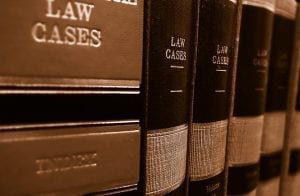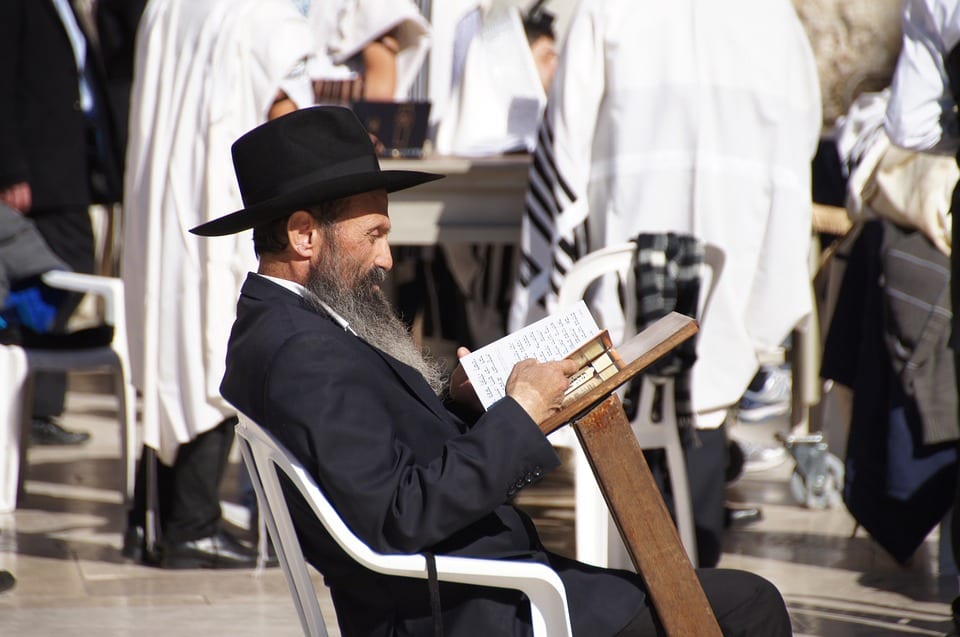A federal lawsuit was recently filed by a group of Orthodox and Hasidic Jews over accusations that Airmont village officials are using “systemic discrimination by using their zoning and inspection powers to prevent the residents from practicing their religion.” According to the lawsuit, the village has a history of being “hostile toward religious Jews and tries to prevent residents from praying and holding services in their homes by delaying approvals for residential houses of worship, and by issuing building and zoning violations with daily fines of up to $1,000 and threats of jail.”
A federal lawsuit was recently filed by a group of Orthodox and Hasidic Jews over accusations that Airmont village officials are using “systemic discrimination by using their zoning and inspection powers to prevent the residents from practicing their religion.” According to the lawsuit, the village has a history of being “hostile toward religious Jews and tries to prevent residents from praying and holding services in their homes by delaying approvals for residential houses of worship, and by issuing building and zoning violations with daily fines of up to $1,000 and threats of jail.”
Stephen Dillard, the attorney representing the group of residents and rabbis who filed the suit, issued the following statement:
“The actions of Airmont officials frustrate, discourage, and outright deny the rights of its citizens to freely exercise their faith…These actions are unlawful and egregious and cannot be allowed to continue.”
The suit itself was filed by Dillard’s law firm, as well as the Texas-based First Liberty Institute and marks the second lawsuit of this nature against the village this month. It’s the fourth of its kind that describes “discrimination against Hasidic and Orthodox Jews since the village formed in 1991.” The village ended up losing the first two suits.

What happened, though? Why was this most recent lawsuit filed? Well, according to the complaint, Jewish residents and rabbis are often “forced to ask village officials for permission to use their homes for worship and are put through a substantially burdensome process that forces residents to spend tens of thousands of dollars and several years to complete a never-ending approval process.” For example, Rabbi David Ribiat claims in the suit that he has “paid more than $40,000 in related fees during two and a half years of trying to get approvals that have included multiple delays with no resolution.” To make matters worse, earlier this year, Rabbi Moishe Berger “faced the prospect of a year in jail for simply welcoming his neighbors into his home for prayer.” Apparently, he had “opened a shul without village approvals.”
Named as defendants in the recent suit are Mayor Phillip Gigante, village attorney Sean Mack, Board of Trustee members, “members of the planning and zoning boards, and Building Department inspectors and code-enforcement officers.” One of the goals of the lawsuit is to have the village’s “policies and actions declared in violation of the Religious Land Use and Institutionalized Person’s Act, known as RLUIPA, the federal Fair Housing Act, the First, Fifth and 14th Amendments of the U.S. Constitution and the New York State Constitution.” Additionally, the plaintiffs are seeking attorneys’ fees and punitive damages.
When commenting on the matter, Keisha Russell, associate counsel for First Liberty, said:
“Airmont’s actions are undeniably a burden on the religious exercise of our clients. The First Amendment and federal law protect the right of Americans to pray together in their homes free from unreasonable and intrusive government interference like we’ve seen in Airmont.”
So far Gigante and other defendants have denied the allegations.


Join the conversation!